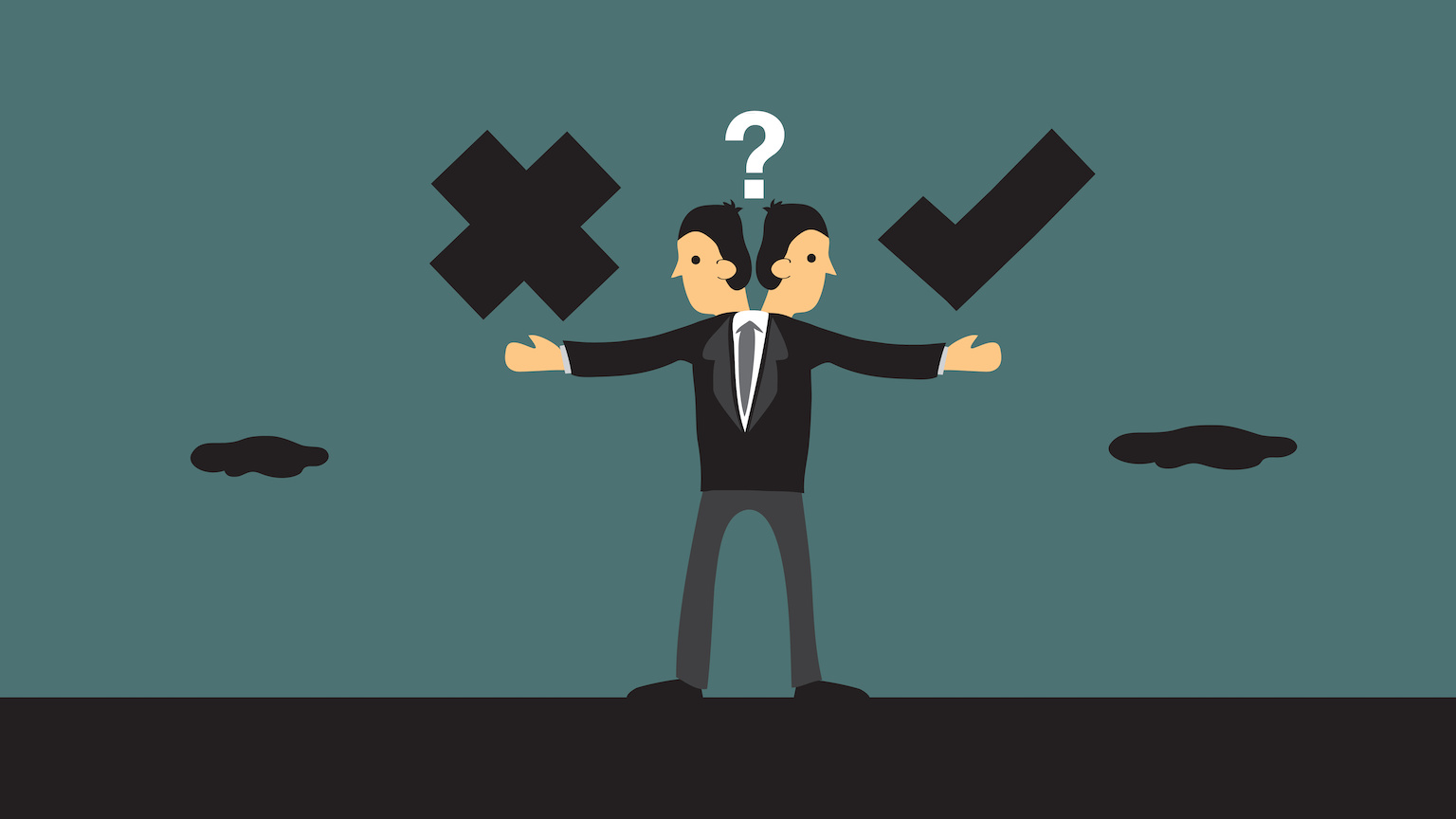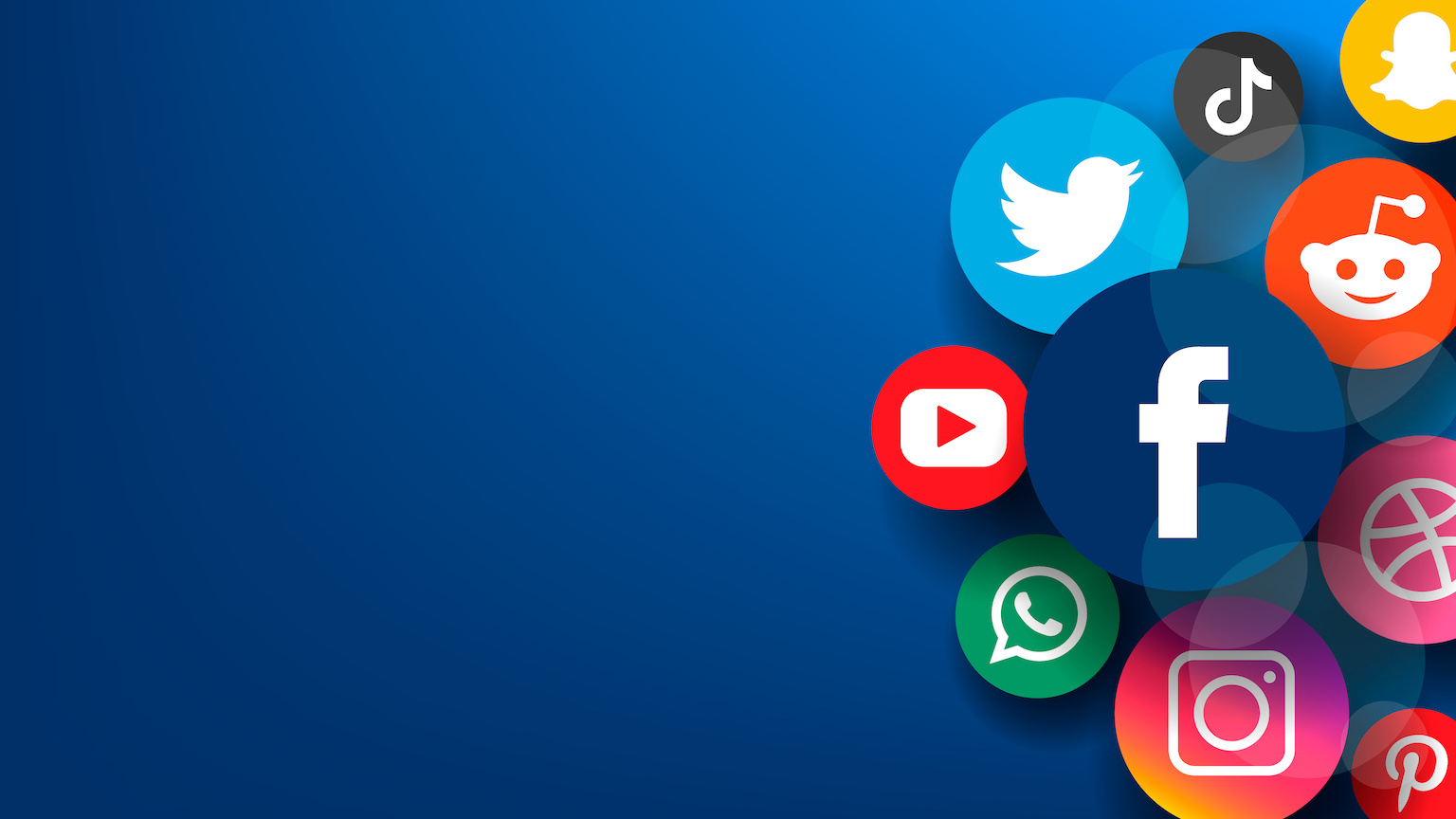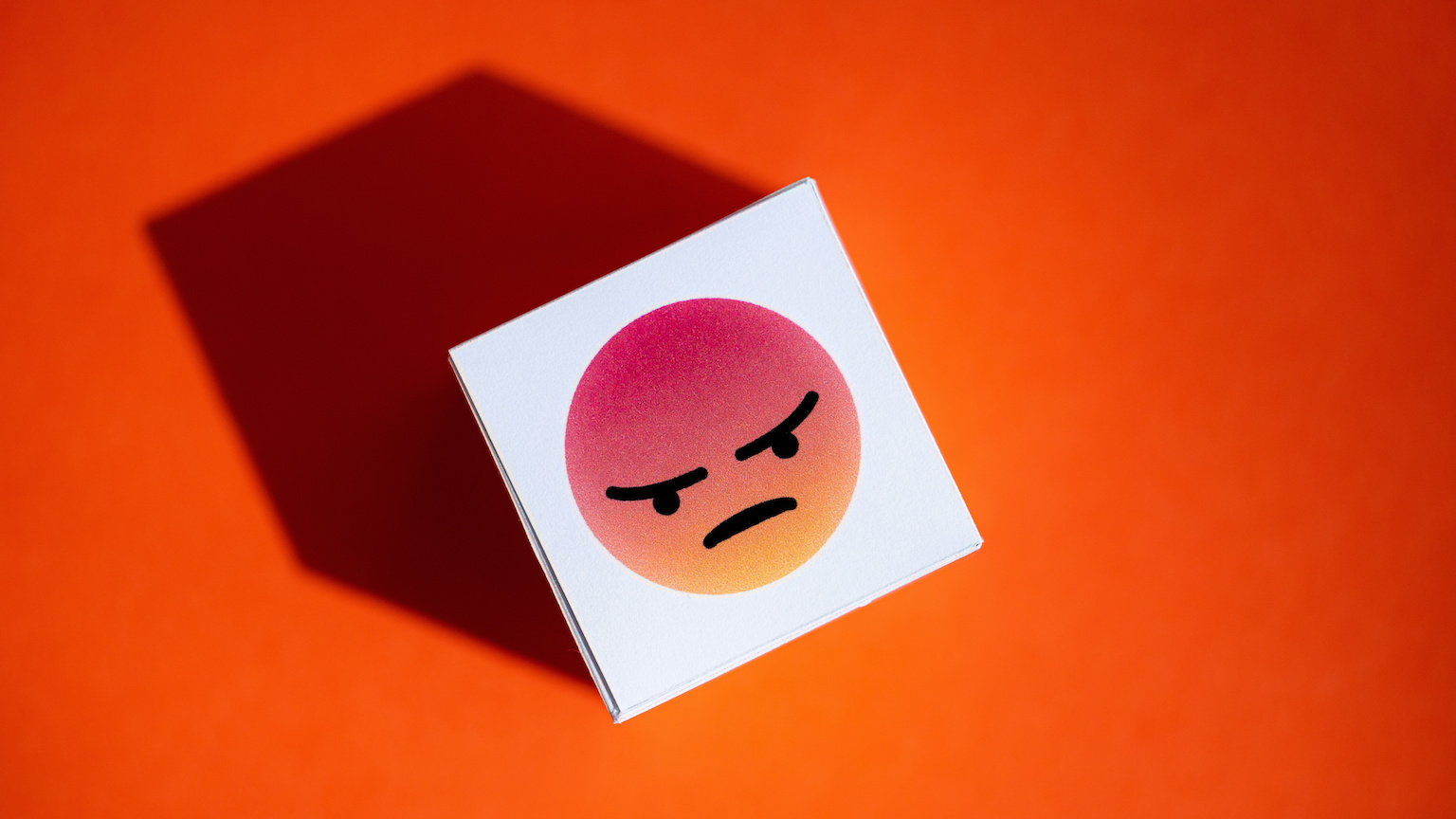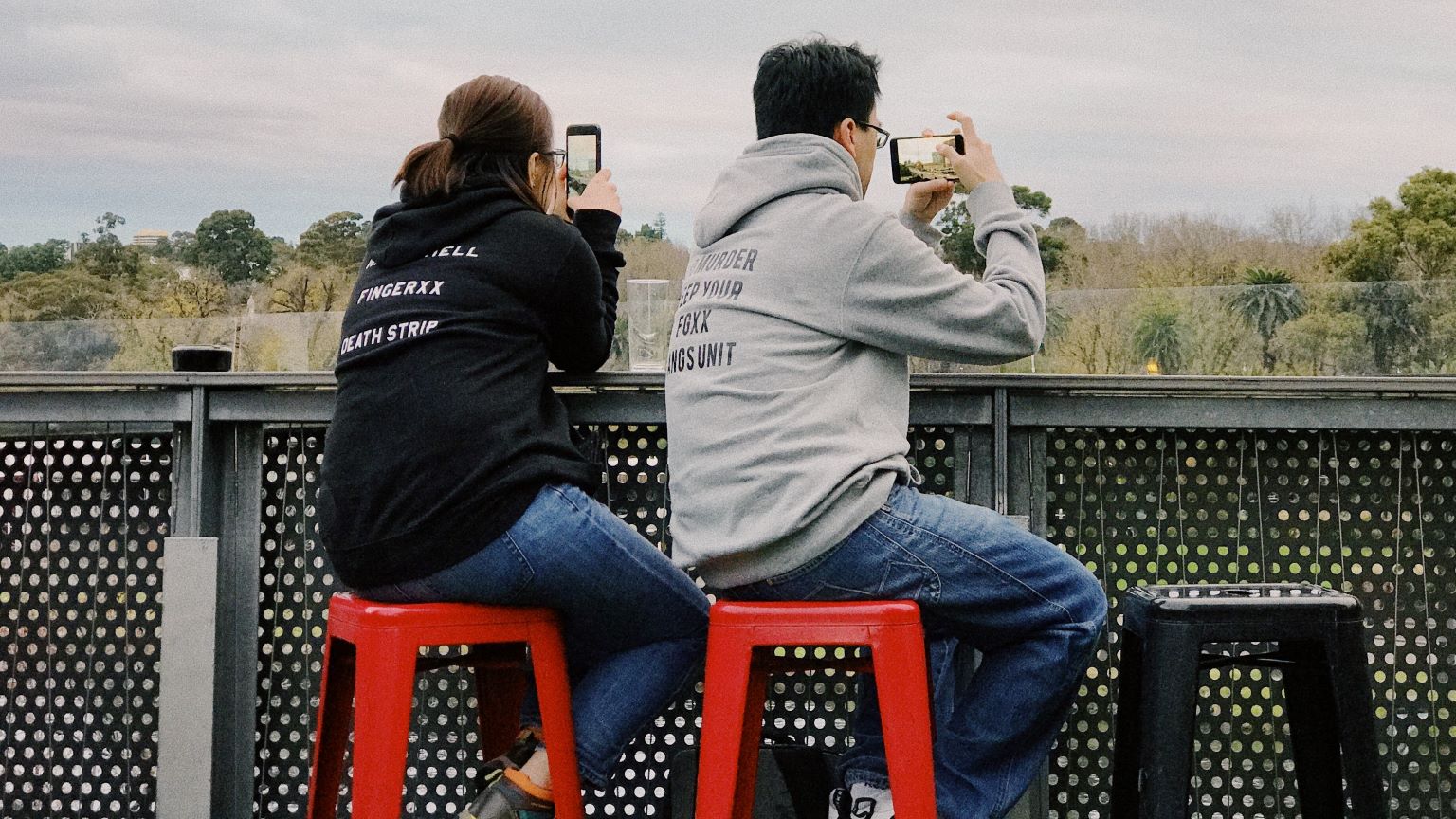How Elon Musk’s takeover of Twitter became another partisan issue in our culture war
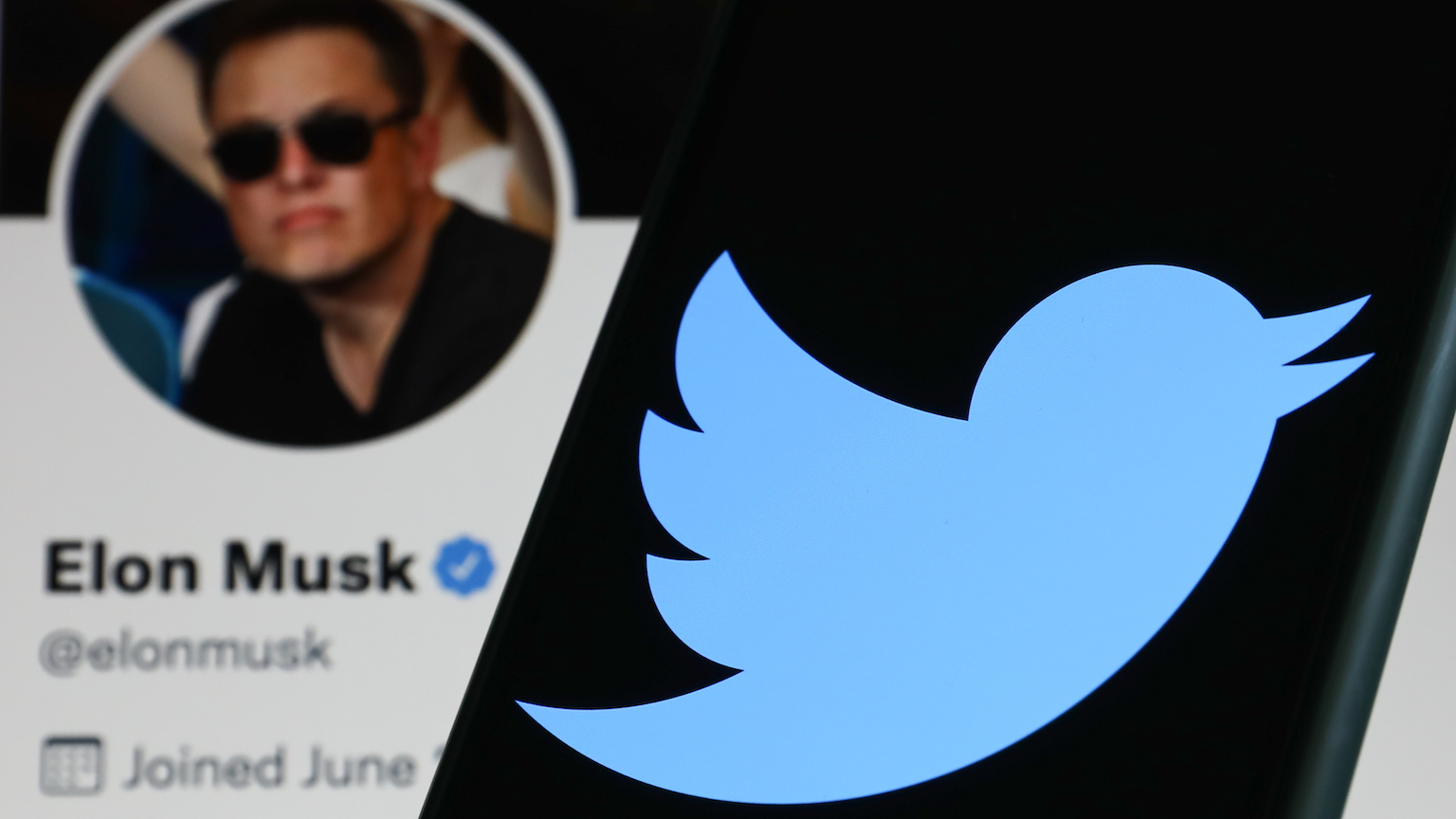
- Elon Musk's successful bid to take over Twitter has fragmented the internet along predictably partisan lines.
- At one time, the political left was in favor of more free speech while the political right was in favor of more censorship. Today, the roles have reversed.
- The jury should remain out on the question of whether Musk's acquisition of Twitter is a good or bad thing. We'll see.
It says something sad and strange about our culture that Elon Musk’s successful bid to take over Twitter has fragmented the internet along predictably partisan lines. Just like the debate surrounding masks and ivermectin for COVID, a person’s position on what would appear to be a completely non-political issue has become yet another proxy in our never-ending culture war. In other words, if I know your position on the Twitter takeover, I know who you voted for in 2020. And probably 2008, 2012, and 2016.
This is not healthy. It is also non-sensical.
Twitter’s quality control is broken
Twitter is a toxic sewer pipe. It magnifies and amplifies the absolute worst impulses of humanity: tribalism, gossip, and mob behavior. As a result, it has become a malicious tool, often used for spreading disinformation and destroying people’s lives and careers. If you want to read the most uncharitable descriptions of people that you dislike, there’s no better place to go than Twitter.
Bad enough as that is, what really stoked public ire about Twitter was its inconsistent policy on censorship. Sometimes hate speech was censored; sometimes it wasn’t. (It largely depended on who the hate speech came from and which group was targeted.) Fake news was censored; sometimes it wasn’t. Certain toxic individuals were banned from the platform; others were allowed to stay.
Perhaps worst of all, some stories that were once deemed “fake news” — and were thus censored — ended up being true or at least plausible. Two major stories were particularly noteworthy.
First, during the worst of the COVID pandemic, the hypothesis that the virus leaked from a lab in Wuhan, China was censored. While the overwhelming evidence (then and now) favors a natural origin for the virus, the “leak hypothesis” was very much worthy of consideration. Indeed, the U.S. government took it seriously, but the story was banned from outlets like Twitter. Second, the Hunter Biden laptop story, originally broken by the New York Post and banned by Twitter, is now being widely reported as a legitimate scandal.
The trouble wasn’t necessarily that Twitter was trying to implement quality control. To some extent, that’s a good thing. The problem was that there was a perception — rightly or wrongly — that Twitter censored political conservatives more often than others. While I’m unaware of any systematic research on this topic, it seems true, at least anecdotally.
How the culture war devoured Twitter
Elon Musk thinks this is a problem. He seems like a libertarian who is skeptical of censorship. He has given signals that he wants Twitter to censor less and embrace free speech more.
At one time, not all that long ago, unfettered free speech would have been championed by the progressive left and certainly by journalists. (When I was in college, the political right was more often in favor of censorship, particularly on matters regarding sexually explicit or sacrilegious material.) But today, the exact opposite is true: the right favors more free speech, while the left favors more censorship — underscoring my increasingly firm belief that a person’s political positions are based on opportunism rather than actual conviction.
The response was, unfortunately, predictable: conservatives rallied around Musk, while progressives were opposed, some even declaring that Musk’s takeover constituted a threat to democracy. Other critics noted that this was nothing more than a billionaire throwing a tantrum, but that’s the very nature of a hostile takeover. A rich person (or company) thinks they can do a better job running a corporation. Given the woeful state of Twitter, it’s hard to imagine Musk making things worse.
Can Elon Musk fix Twitter?
But it’s also difficult to imagine Musk making Twitter better. At its root, the problem with Twitter is a human problem. We love confirmation bias to the point that we are happy and willing to share outright lies about people we don’t like. Unless Musk has a remedy for the human soul, any social media reforms will be, at best, nothing more than a Band-Aid.
The one thing that Musk pledges to do that probably will have a positive effect is the elimination of spam bots. But this assumes that he is successful. After all, spammers gonna spam, and — like hackers — they will adjust their strategy in response to whatever changes Twitter implements.
In the meantime, the jury should remain out on the question of whether Musk’s acquisition of Twitter is a good or bad thing. We’ll find out.
